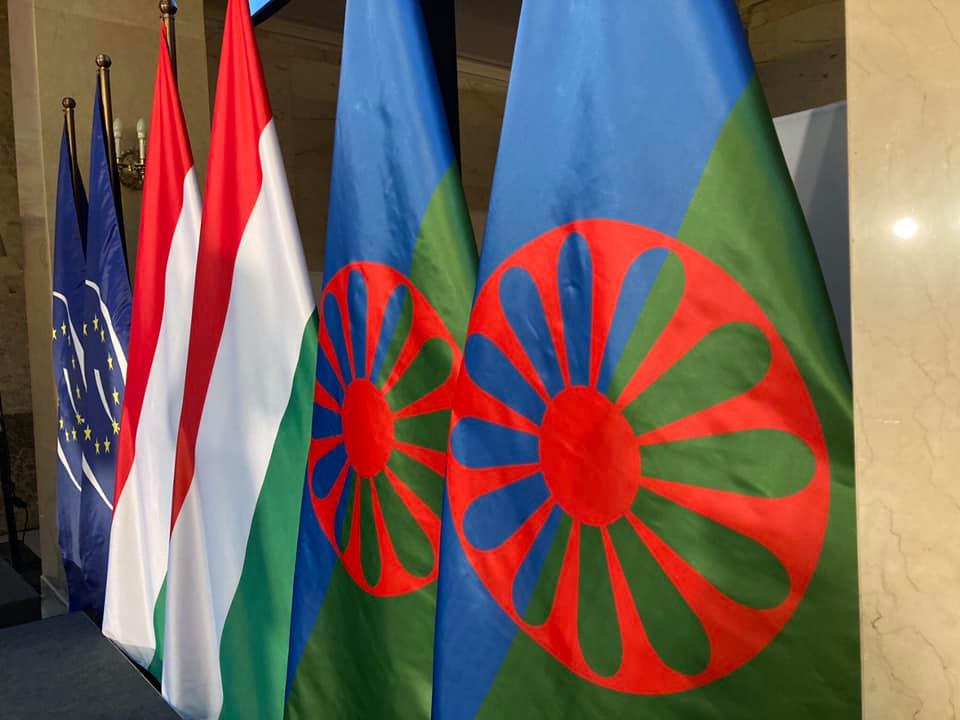
The “Hungarian National Roma Platform” visited Pest County and Budaörs
The “Hungarian National Roma Platform” visited Pest County and Budaörs
In early November, the “Hungarian National Roma Platform” took place in Pest County and Budaörs. The social consultation event was opened by Katalin Victor Langerné, Deputy State Secretary for Social Inclusion at the Ministry of Interior, represented by dr László Ulicska, Head of Department.
Edina Dénes, the Artistic Director of the Study Hall in Budaörs [Budaörsi Tanoda][1] also gave a welcome speech at the consultation, interpreting the welcoming speech of Mayor Tamás Wittinghoff, who was absent due to other commitments in the countryside. In his written speech, the Mayor of Budaörs highlighted that everyday discrimination, prejudice and harsh stereotypes against Roma are still present in society and in public discourse and need to be eliminated. The Mayor assessed the Tanoda in Budaörs as a success story. Lastly, Sarolta Lakatos, President of the Roma Nationality Self-Government in Budaörs, welcomed the participants of the platform.
The presentations provided the participants with valuable professional insights: dr. László Ulicska, Head of the Department of the Deputy State Secretary in the field, presented the latest developments in social inclusion policy, and Zoltán Márton, Head of Department in Directorate General for Social Inclusion presented the role and tasks of the Directorate General for Social Inclusion in inclusion policy.
Afterwards, Dávid Kiss, a professional staff member of the Hungarian Charity Service of the Order of Malta, presented the long-term development programme of the emerging settlements. Then Ildikó Szabó-Fazekas from Deputy State Secretariat gave a presentation on the planned social inclusion programmes for the period 2021-2027.
A presentation titled “Those who live and work among us in the county” was given to introduce local good practices: dr. Péter Bogdán, the professional leader of the Study Hall in Budaörs [Budaörsi Tanoda], described the work of the Study Hall and the diverse successes of the students attending the after school programme in the Study Hall. Among them was a student who graduated in economics at the University of Bonn and went on to become a university lecturer. The students’ dance and music performance prepared for Holocaust remembrance won Raul Wallenberg and other prestigious awards. Using the slogan “We open the door to opportunities” – the students’ band Romano Glaszo have also participated in numerous competitions and performed at various events.
The platform eventually evolved into a round table – conducting a wide-ranging, problem-solving professional dialogue by the participants – which will conclude with a national conference at the Ministry of Interior on 11th November in 2021.
[1] Study hall (in Hungarian it is called Tanoda) are initiatives run by an organisation implementing after school educational programme aiming skill development, nurturing talent, cultural and educational activities of disadvantaged children including their families.
467 megtekintés
